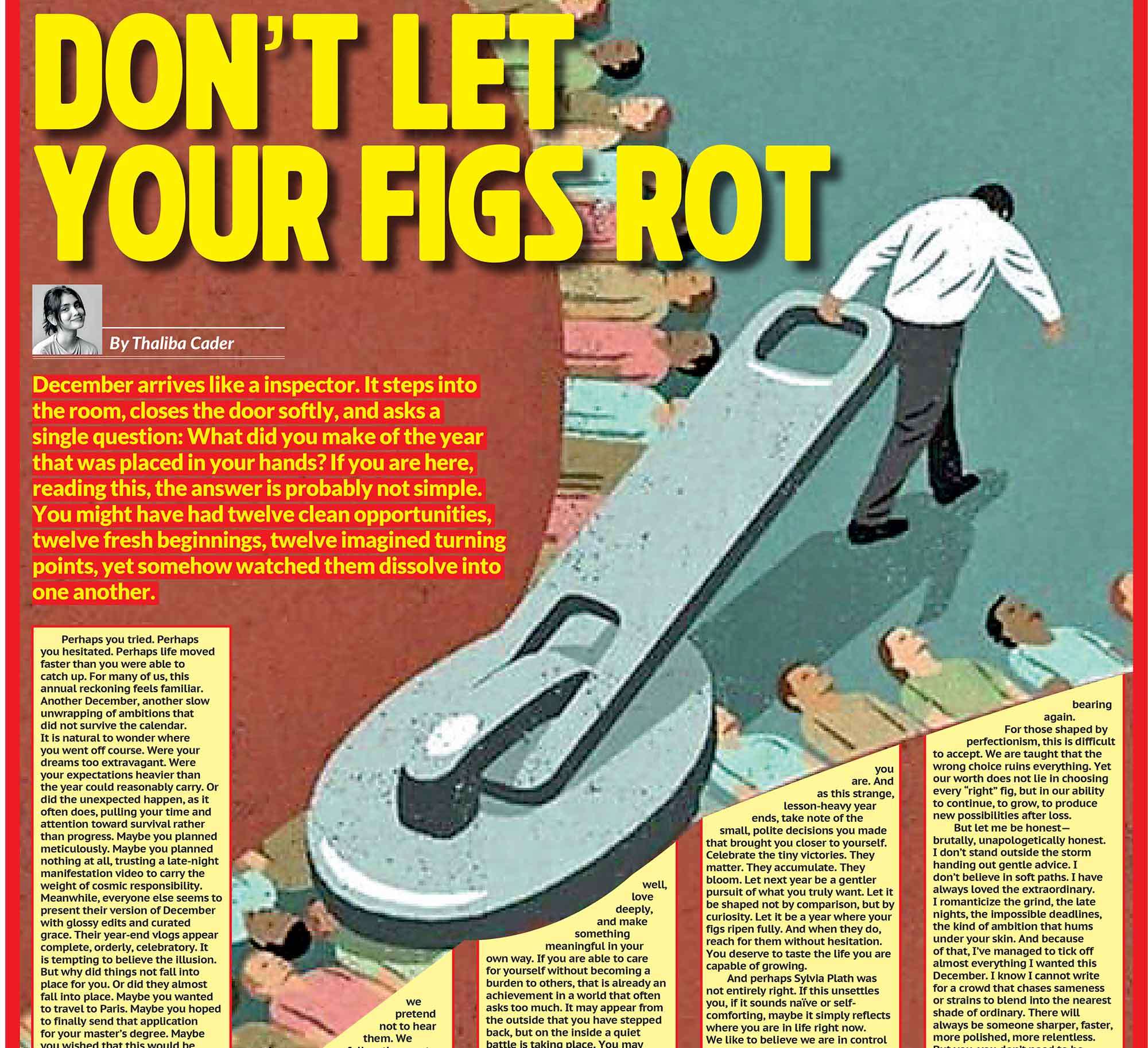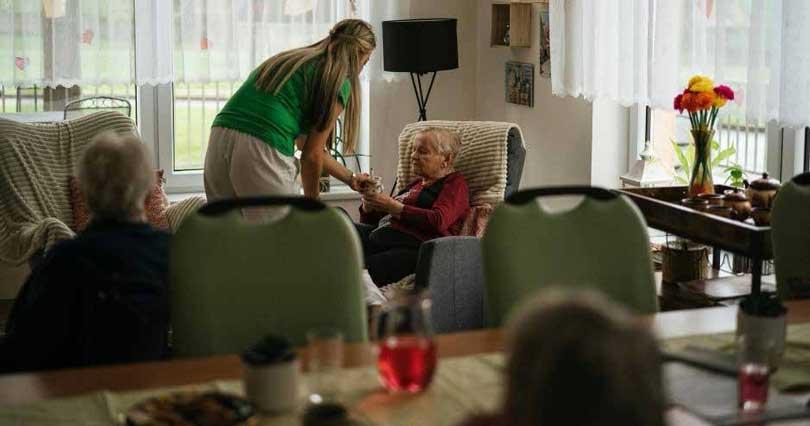
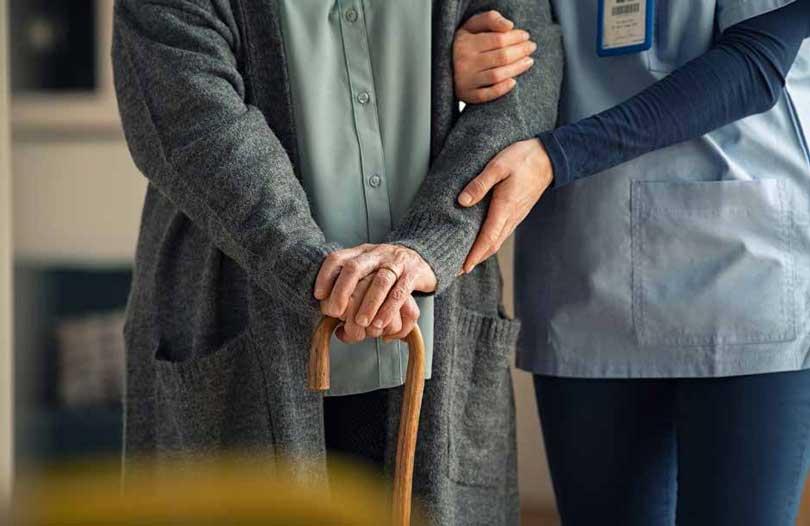
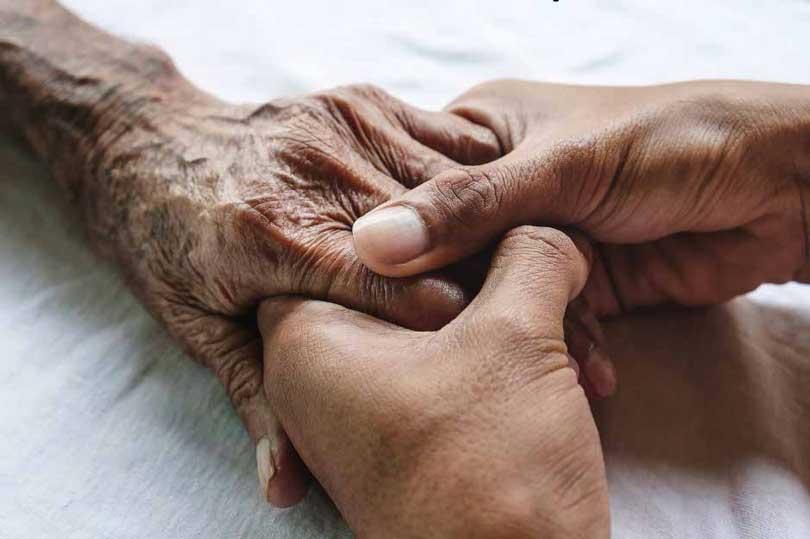
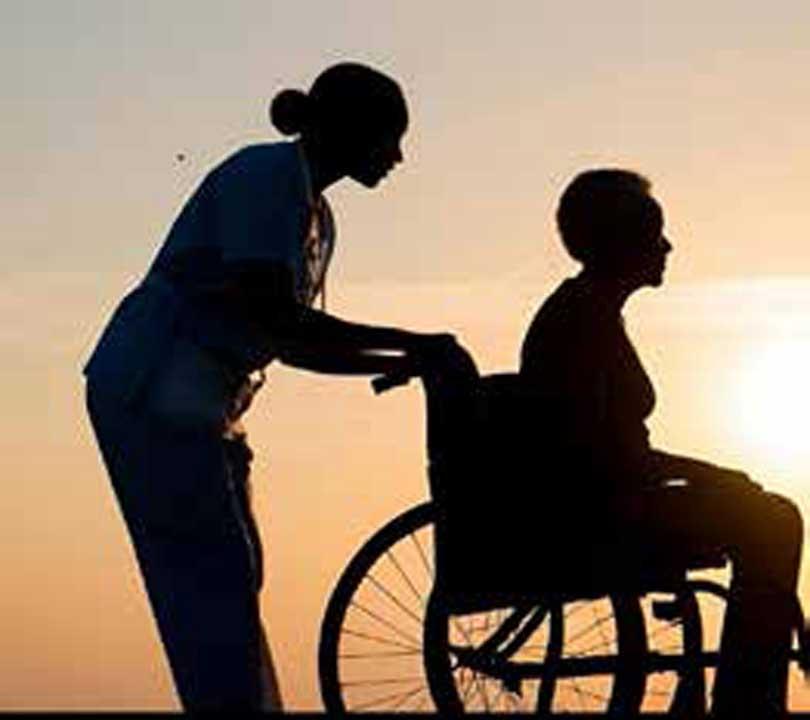
I embarked on my full-time journey as a caregiver for my parents at the outset of the COVID-19 pandemic in early 2020. Beyond the threat of infection, lockdowns and social distancing disrupted daily routines. We stopped seeing neighbours, friends and household helpers. For many older adults, this isolation worsened memory loss, concentration and agitation.
Until March 2020, my parents lived independently with occasional guidance from me. I lived fifteen minutes away and visited twice a week, while my sister in Melbourne spoke to our mother almost daily. My mother, a retired professor with mobility and mental health challenges, kept herself active with crosswords and Sudoku. My father, a businessman with wide-ranging interests, had begun to show signs of decline.
Though he had little formal education, my father was intelligent, talented and widely read. He wrote fluently, possessed a sharp legal mind, loved classical music, fixed gadgets, and once acted in theatre. In his forties he took up photography, venturing into the jungle with friends. He devoted much time to conservation, writing appeals to protect Sri Lanka’s wildlife.
As he aged into his eighties, my mother grew concerned about his memory. He repeated himself, became easily irritated, and on a family trip in 2019 packed carelessly and carried excess cash. Earlier, in 2014, he had lost his closest confidant, whose absence seemed to dull his mental spark. My mother quietly mentioned his lapses to her psychiatrist, who prescribed medication to slow dementia, though I did not then realize how far it had progressed.
When the pandemic hit, only our mother’s live-in maid remained as carer. The usual cook, cleaner and driver could not work, so she did everything. Tensions ran high. My mother, unsteady but still walking, often clashed with helpers. My father continued writing to the papers, though now on one subject at a time, and struggled with his phone, computer and TV. He masked his confusion well, but being asked to resign as company director and to change bedrooms after damp set in accelerated his decline.
Asking him to resign was one of the hardest things I have done. His identity was tied to the company, and giving it up triggered depression and confusion. Around this time my sister and I arranged for a professional nursing aide for my mother, while I took over tasks such as ATM withdrawals and bill payments. Thanks to my sister’s foresight, both parents had given me power of attorney, allowing me to manage their finances directly.
One evening, after dinner at my house, my father drove my mother home. He became disoriented and ended up miles away. For forty-five minutes I could not reach them, until my mother answered the phone and described where they were. I guided them back safely, and that was the last time he drove.
Meanwhile, signs of my mother’s dementia emerged. She could speak clearly about her health, yet obsessed over her pillbox, demanding corrections.
Having lost the use of her legs and then her hands, she controlled everything else fiercely; mealtimes, bathing, church, even which plate to use. Her sarcasm and frequent clashes with carers were ways of asserting independence.
When damp plaster fell in his room, my father moved into my sister’s old bedroom. Soon after, he stopped writing articles altogether, as if computers had become too much. The fuel crisis and travel restrictions limited my visits. My father now needed help washing and dressing. At my sister’s urging, I engaged a live-in carer for him. He had to accept help even with toileting, which was hard for him, but he complied.
Gradually he spent most days sleeping. He ate little and needed encouragement. We moved him into diapers and bought disposable mattress covers. At times he refused food, saying he had already eaten. We were fortunate when a carer named Ayoma joined, reading to him, playing music and keeping him engaged. He lost interest in TV and reading but could still follow conversations and make topical jokes. Sometimes he thought he was back in Jaffna and demanded to travel to Colombo. To calm him, we invented excuses about strikes or cancelled trains.
Managing their household, my own family’s needs and their finances in a crumbling home tested me daily. My mother’s mobility issues and infections added to the strain. In October 2022, my sister visited with her twins, bringing unfiltered joy to my parents before my mother’s condition worsened.
In February 2023 I dismissed our long-time driver for stealing. I turned to online grocery deliveries and chauffeured my parents myself. After some months, I found an honest part time driver who eased the burden. Household staff were unreliable; a revolving door of cooks and carers, some dishonest, others distracted. Eventually we found a young carer for my father who was honest and gentle. Employing two aides ensured she could remain by his side consistently.
Despite difficulties, I was still able to take my parents out for meals with family and friends. My mother relished these outings. My father contributed little but enjoyed listening. We avoided overlapping conversations that confused him, often explaining context so he could follow. Both parents loved classical and choral music, which carers played daily.
By late 2023 my mother’s condition deteriorated sharply. Hallucinations frightened her, and walking became almost impossible. Her distress unsettled my father. Gradually, her movements became laboured and her dementia deepened.
By early 2024 I was overwhelmed. My mother was nearing being bedridden, our finances were thin, and my husband had only resumed work after a three-year layoff. On my sister’s insistence, I began exploring care homes. We needed one nearby, affordable, on the ground floor, and willing to accommodate familiar carers.
My father soon forgot the move, but my mother was devastated. As she left her home for the last time, she whispered that she was “going to Barney Raymonds” and cried. At the home she needed two carers to move her. A commode chair helped, but transfers were painful. Trembling hands prevented her from holding books. We arranged for my parents to share a room, but her quality of life was low.
She ate very little, rejecting meals. I tried reasoning, pleading, even fighting to tempt her appetite. Around this time she developed a painful infection in her salivary gland. Swallowing was difficult. Antibiotics brought little relief. Her face swelled and she spoke less, often crying out in pain. Doctors recommended nasal feeding, but we refused. She had to be propped up to eat, her pills crushed in water and poured down her throat. Seeing her distress upset my father deeply.
My sister and I agreed there would be no interventions. She flew to Colombo as our mother worsened. Within weeks, Mama was hospitalized. I made it clear: no intensive care, only comfort. She soon slipped into unconsciousness. My sister never spoke to her again. For a week we waited, praying for mercy. She passed away quietly.
It is hard to know how much my father understood. He saw her coffin, but soon forgot. For a while he asked about her, then stopped. He now lives in the care home with a dedicated carer. He enjoys his weekly visits to the Lanka Alzheimer’s Foundation, can hold short conversations and still jokes. He sometimes uses expletives, but remains calm.
Papa is nearly ninety now. Though he no longer remembers his grandchildren, he recognizes me. My sister hopes to visit in December 2025 so her sons can spend time with him beyond a phone screen. Just recently I asked him if he might like to travel to the jungle. I hope to make that happen soon. For me, the jungle has always been inseparably linked with him. I pray that when his time comes, it is before dementia strips away his ability to eat, speak or recognize the world he once loved.
Given the role genetics may play, I try to prioritize exercise, sleep, diet and mental stimulation, hoping these habits may delay dementia.










